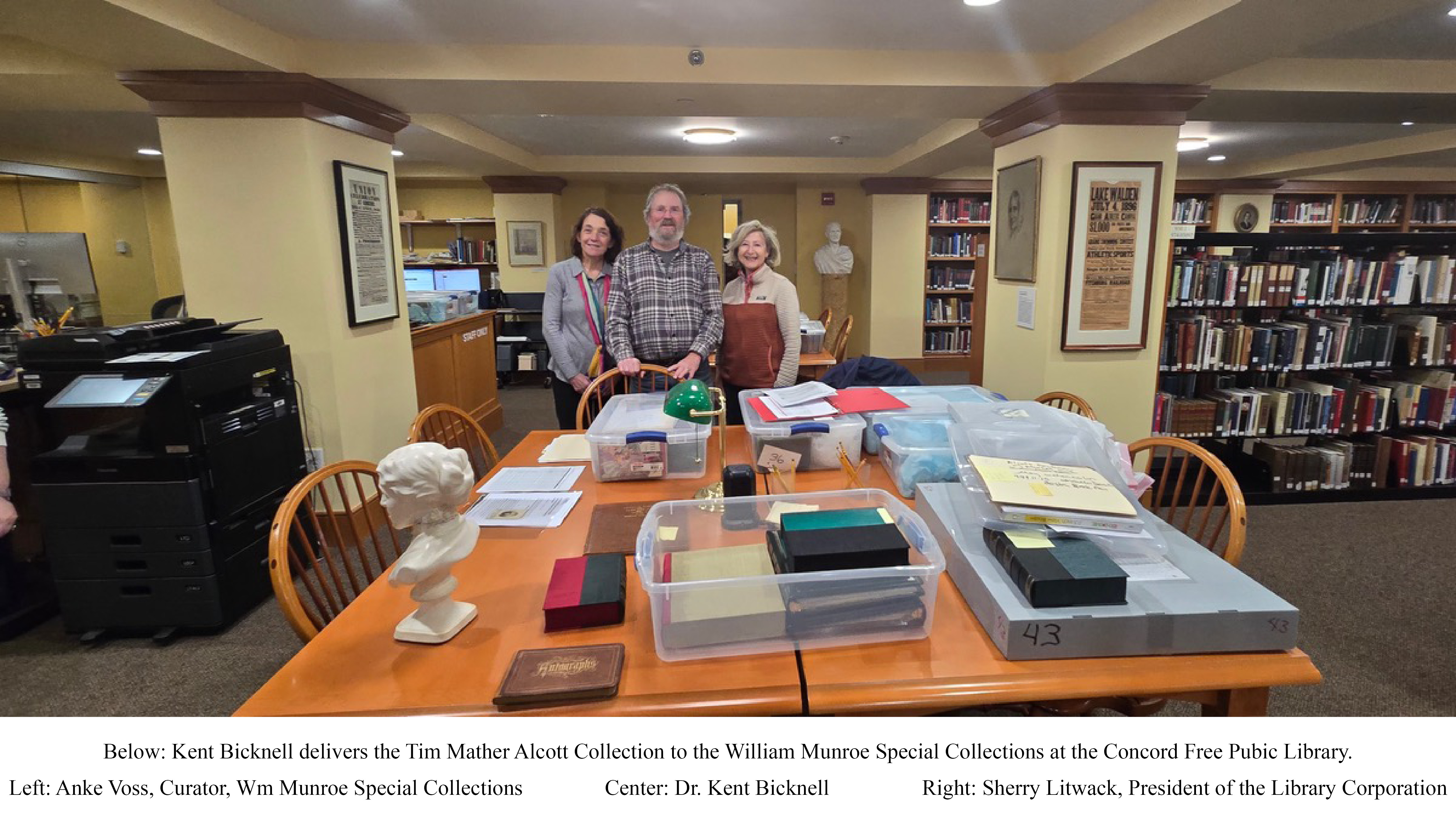Aquí van tres canciones tradicionales infantiles recién salidas del horno.
The first is about hot cross buns. Above is a picture of these we found on the Internet. We don´t have any at hand today to take our own picture of. These are a sweet type of bread with raisins that the law only allowed one to eat on Good Friday. They were forbidden because the English Protestants considered them a Papist food. It was impossible to erradicate them entirely because although bakers were not allowed to sell them, people kept baking them in the privacy of their homes. They were too good not to eat. Today you can find them in almost any supermarket or teashop, since they are one of those treats to be taken with a very English cup of tea.
La primera es sobre bollos de cruz ingleses. Arriba tenéis una foto de estos bollos que encontramos en Internet. Hoy no tenemos nuestros propios bollos a mano para hacerles una foto. Se trata de panecillos dulces con pasas que antiguamente por ley sólo se podían comer en Viernes Santo. Fueron prohibidos porque los protestantes los consideraban bollos católicos. Fue imposible erradicar su consumo porque aunque los panaderos tenían prohibida la venta, las amas de casa y los cocineros y cocineras de casas particulares los seguían elaborando. Estaban demasiado buenos para renunciar a ellos así porque sí. Hoy los hay en casi cualquier supermercado y tetería, ya que son uno de los bollos que suelen acompañar a la muy inglesa taza de té.
What we do have at hand and have taken a picture of is cross bread. Cross bread is typical of Ciudad Real. It is not sweet and it tastes like real bread and isn´t sweet. Baked since the XIIIth century, mention is made of it in Cervantes' novel, "Don Quijote of La Mancha." This bread is used to make one of the most typical dishes of La Mancha, called "migas," which means "breadcrumbs."
Lo que sí tenemos a mano y hemos fotografiado es pan de cruz. El pan de cruz típico de Ciudad Real sabe a auténtico pan y no es dulce, está protegido por el sello IGP, se elabora desde el siglo XIII y aparece en el Quijote de Cervantes. Con este pan se elaboran unas migas buenísimas.
Hot
cross buns! Hot cross buns!
One
a penny, two a penny,
Hot
cross buns!
Hot
cross buns! Hot cross buns!
If
you have no daughters,
Give
them to your sons!
¡Bollos de cruz calientes! ¡Bollos de cruz calientes!
Uno a un penique, dos a un penique,
¡Bollos de cruz calientes!
¡Bollos de cruz muy ricos! ¡Bollos de cruz muy ricos!
Si no tienes hijas, dáselos a tus hijos!
The next nursery rhyme is about a pieman. It reminds one that food isn´t free.
La segunda cancioncilla es sobre un pastelero que vende empanadas y un pobre individuo que piensa que comer es gratis.
Simple Simon
met a pieman
Going
to the fair.
Said
Simple Simon to the pieman,
“Let
me taste your ware.”
Said
the pieman to Simple Simon,
“Show
me first your penny.”
Said
Simple Simon to the pieman,
“Indeed, I haven’t any.”
Con un pastelero que iba a la feria,
Simón el Simple se encontró un día
Y le dijo al pastelero,
“Deja que pruebe tu mercancía.”
"Primero," respondió el pastelero,
“tu dinero has de enseñarme."
"Como no lo tengo," dijo Simón,
"tendrás que convidarme."
La tercera canción nos enseña a ser civilizados. Es mejor convidar a pan que a coscorrones. Con esta rima en mente, el gran ilustrador Maurice Sendak produjo un atractivo e inquietante libro.
Jack and Guy went out in the rye
And they found a little boy with a black eye.
"Come," said Jack, "let´s knock him on the head."
"No," said Guy, "let´s buy him some bread.
You buy one loaf and I will buy two,
And we'll bring him up, as other folk do."
Juancho y Guido en un descampado
Encontraron a un niño con un ojo morado.
"Venga," dijo Juancho, "démosle un coscorrón."
"Comprarle pan," dijo Guido, "es mejor decisión.
Cómprale una hogaza, y yo le compraré dos más,
Y le criaremos como hacen los demás."









.jpg)














No comments:
Post a Comment
Hello! Comments are very welcome. Thank you. / ¡Hola! Los comentarios son muy bienvenidos.Gracias.